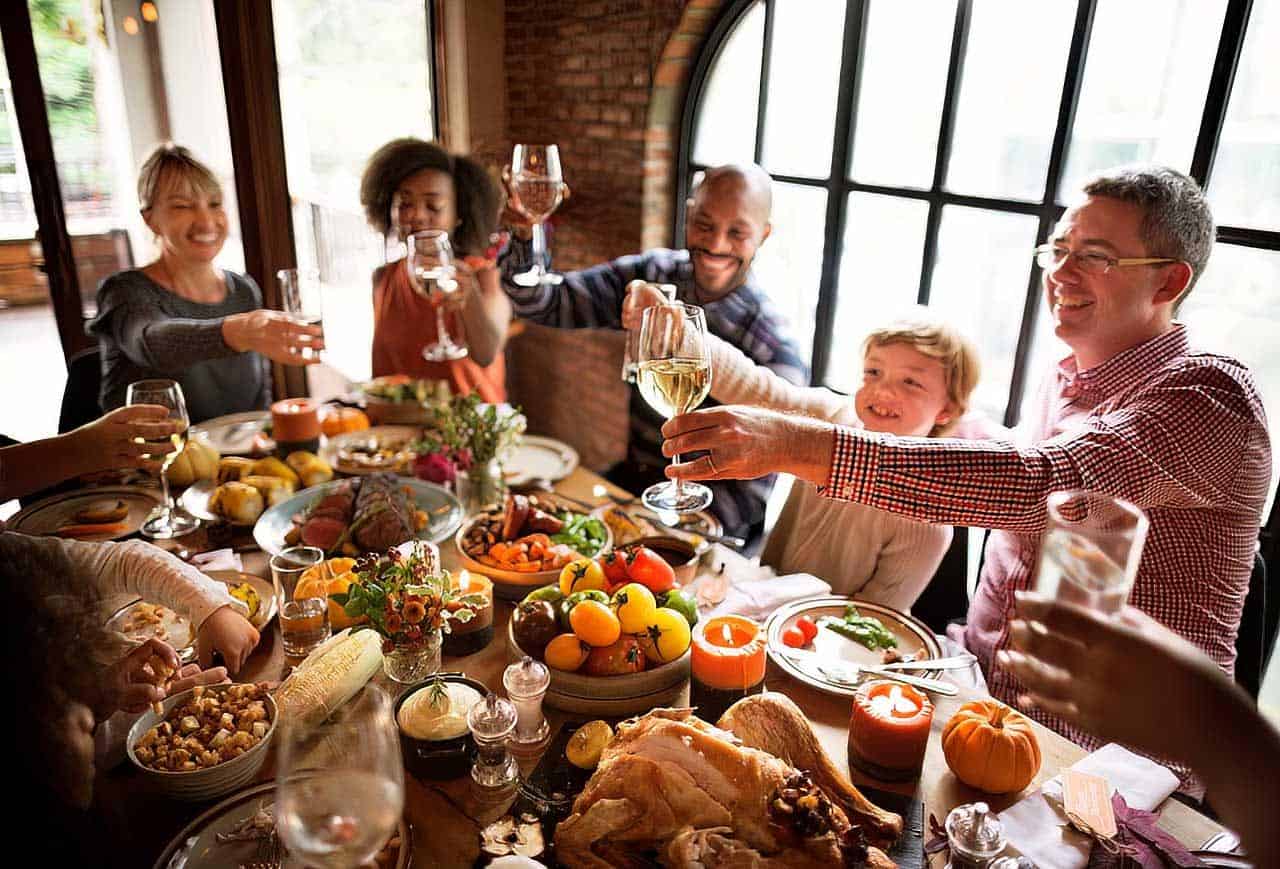
By now, we all know the story of Thanksgiving by heart. The pilgrims aboard the Mayflower arrived in America in 1620, hoping to start a new life. However, upon arriving, they found themselves ill-suited to handle the environment awaiting them. Hunger and disease ran rampant, eventually taking the lives of nearly half the settlers. That is until a member of a local native tribe decided to lend a helping hand and teach the newcomers how to grow corn, catch fish, extract maple from trees and avoid poisonous plants. Ultimately this new information gave the pilgrims the resources necessary to survive and eventually thrive in their new surroundings.
Thanksgiving is now celebrated each year to remind Americans to be thankful for their food, drinks, homes, and the kindness of others. Yet, the underlying message of this historical event is that understanding your natural resources and learning how to obtain energy from them can change lives. You can have the best soil in the world, but if you don’t know how to harvest seeds, you won’t be able to eat from the land. Likewise, you can be surrounded by trees, but if you can’t make a fire, the trees will do little to provide heat. Thanks to the knowledge the pilgrims learned from the natives about their natural resources, they were able to create a better life. Likewise thanks to modern energy, the average American can now provide elaborate dinners for their families on Thanksgiving that the pilgrims could have only dreamed of.
A modern-day Thanksgiving celebration typically involves travel to visit family, food, drinks, lights, ovens, fireplaces, speakers, and air conditioners running all day long. A huge amount of energy is involved. And with the renewed ability to gather, as we did pre-pandemic, the celebrations are expected to be over the top in 2022. However, as fun as this can be, the excessive waste that can accumulate during the Thanksgiving season is substantial.
How can you reduce your environmental impact on Thanksgiving?
Consider all the potential sources of waste that could result from your Thanksgiving celebration.
The Menu
The first thing that likely comes to mind is food waste. Leftovers are great, but an excessive amount leads to food being thrown in the trash. To avoid this, be diligent and get the exact headcount of your guests, then use a food quantity calculator like the one provided by Save The Food to calculate the precise amount needed to feed your party.
Dishes
Thanksgiving requires a lot of hard work from the hosts of the party. When planning your dinner, it might be tempting to replace your standard dishes with disposable plates, cups, and silverware. Yet, with plastic and paper pollution on the rise, taking the time to wash the reusable dishes you have is a great way to reduce the environmental damage Thanksgiving can cause.
Lighting and temperature control
Any party you host is likely to result in a high energy bill. This is usually due to lights being left on in unoccupied rooms and open doors letting the AC out. To avoid unnecessary energy use, consider shutting off the lights and locking the doors in rooms you don’t want people to enter. You can also make a small decorative sign to remind your guests to turn off the lights when they leave the bathroom. Additionally, if luck is on your side and the weather is nice, consider shutting off the AC and opening the doors and windows. This could be especially handy if you have a yard and people will be coming in and out as they please.
Our ability to harvest energy has changed the quality of life we can now enjoy. So this Thanksgiving, let’s not only give thanks to our family, friends and food, let’s also give thanks to the amazing natural resources that make our modern way of life possible. And more importantly, let us ensure we take the extra steps necessary to protect them and sustainably celebrate this upcoming holiday season.
For more information on energy and fun activities on saving energy in your home visit Watt Watchers and Smart Energy Education. And don’t forget to follow the Smart Energy Education Facebook page for updates on all our projects, scholarship opportunities, blog posts and more!
We'd love to help answer any questions and help you get started! Drop us a line and we'll get back to you as soon as we can.
Watt Watchers of Texas
204 E. Dean Keeton Street, Austin, Texas 78712
contact@watt-watchers.com
Nos encantaría contestarle cualquier pregunta que tenga y ayudarle empezar! Envíenos un mensaje y nos pondremos en contacto con usted lo antes posible.
Watt Watchers de Texas
204 E. Dean Keeton Street, Austin, Texas 78712
contact@watt-watchers.com